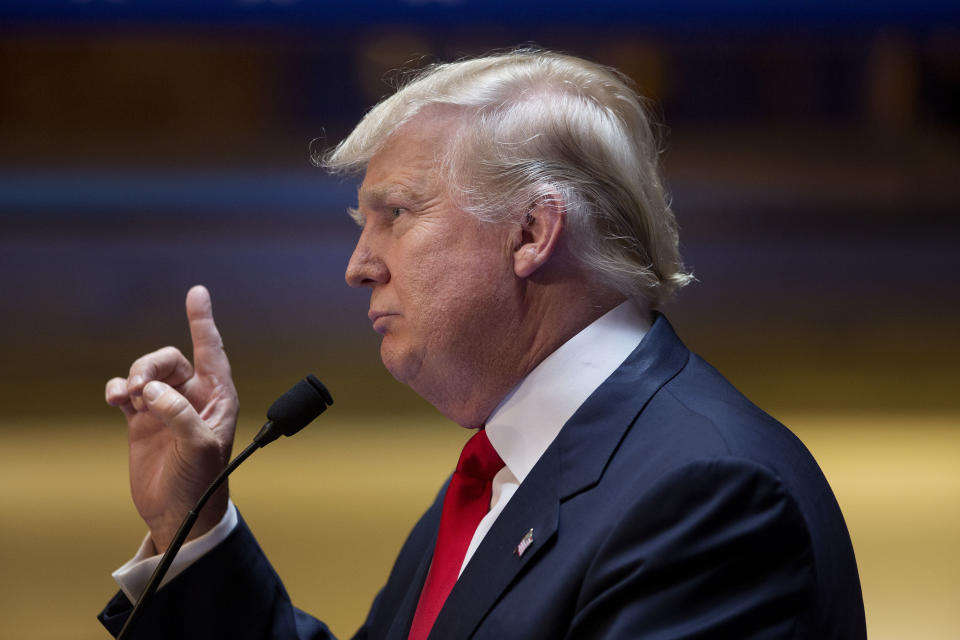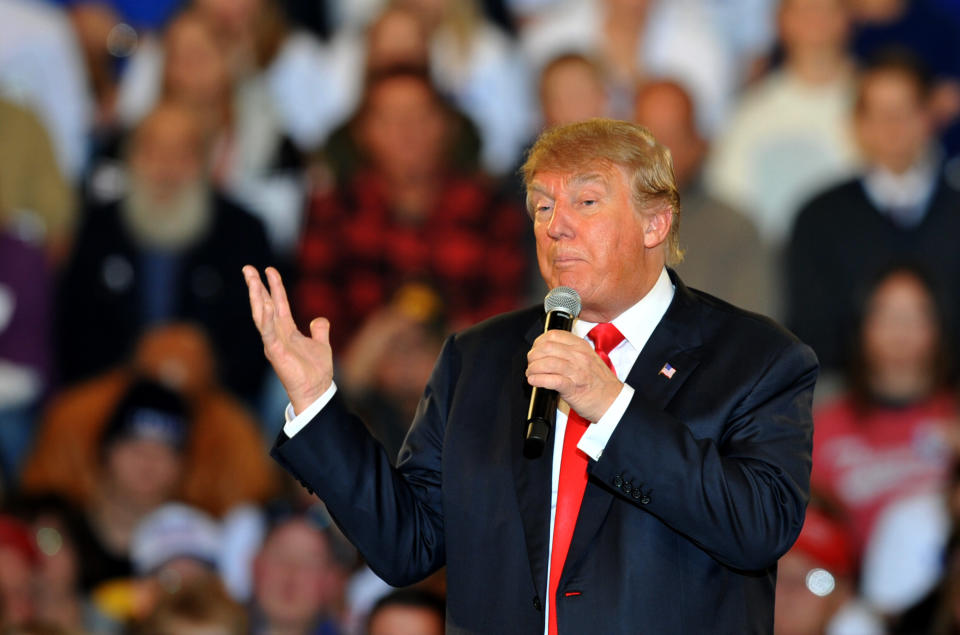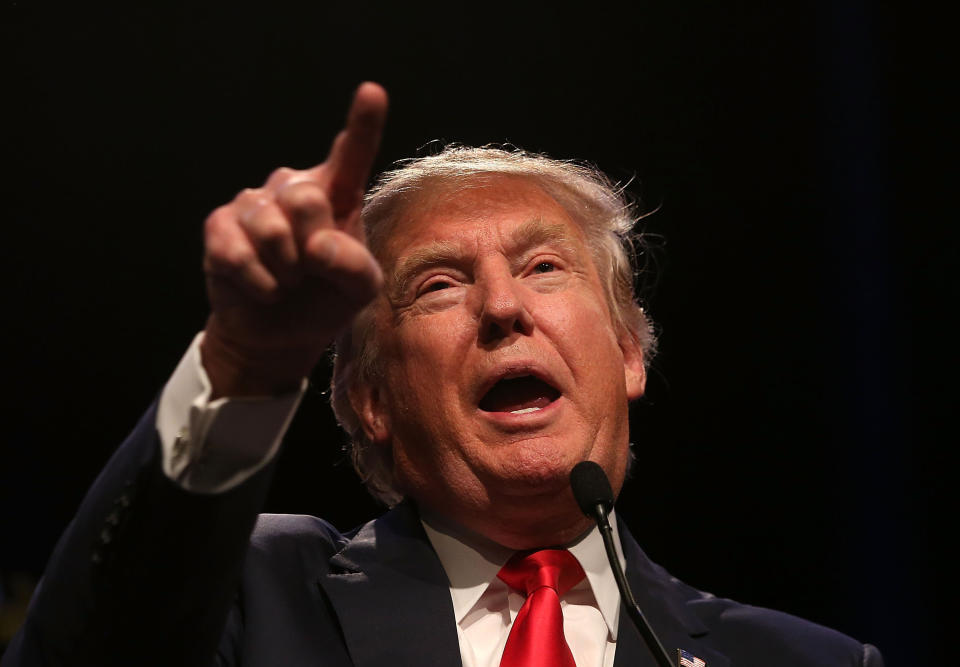Pentagon Undecided On How DACA's End Might Impact Hundreds Who Signed Up To Serve
WASHINGTON ― The Department of Defense has not yet determined what it would do if the president’s decision to rescind protections for young undocumented immigrants leads to some of the military’s recruits losing the documents that made them eligible to serve.
A Pentagon spokesman said Wednesday that there are fewer than 900 individuals with Deferred Action for Childhood Arrivals program protections who are either serving or signed contracts to serve in the military.
President Donald Trump ended the DACA program on Tuesday, and while it will not immediately result in recipients losing protections, many of them could see their permits expire in six months or after without the ability to renew, unless Congress steps in to pass legislation.
The hundreds of DACA recipients who signed up for the military make up only a small fraction of the nearly 800,000 so-called “Dreamers” approved for the protections. Still, they are in a unique position. If they lose DACA, they would be unable to work and likely unable to fulfill their commitments to serve in the United States military. But the DOD has not yet announced how it would deal with them.
“The Department of Defense (DOD) is coordinating with the Departments of Justice and Homeland Security (DHS) regarding any impact a change in policy may have for DACA recipients,” said DOD spokesperson Lt. Col. Paul Haverstick in a statement. “The Department defers to our colleagues at DHS on questions related to immigration, naturalization, or citizenship.”
DHS spokesman David Lapan confirmed on Thursday that the government is still working out how to deal with individuals who signed up for the military should they lose their DACA permits, including Dreamers in basic training and those who are already serving in the military.
“We’re ... working with DOD to figure out what those different outcomes are if individuals during this period have their DACA status expire,” he told reporters.
He said that DACA recipients who had not yet enlisted would become ineligible for military service if they lose their DACA status.
Undocumented immigrants are not typically eligible for military service, but DACA recipients are allowed to sign up as part of a program called Military Accessions Vital to the National Interest, or MAVNI.
The program was created in 2009 to allow foreign nationals to join the U.S. military if they could demonstrate certain skills, most often in language or medicine. (Although many Dreamers speak a foreign language, the most common, Spanish, is not one of the sought after languages in the program.) Since that time, more than 10,000 non-U.S. citizens have either joined or signed contracts to join the military through the program, according to the DOD.
The Trump administration is considering cancelling the program altogether, and it is under review for potential security risks after being suspended last September. In the meantime, the DOD is still processing about 4,000 immigrants ― not specifically DACA recipients ― who are waiting to enlist in basic training and are now in limbo.
Dreamers have long pushed for the ability to join the military in larger numbers, pointing out that many of them are ineligible for the MAVNI program. Now, Dreamers may lose their ability to serve even there ― and they may be at risk of being forced out of the country entirely after six months.
This article has been updated with comments from the Department of Homeland Security.
Also on HuffPost
April 2015

June 2015

August 2015

September 2015

November 2015

February 2016

March 2016

April 2016

July 2016

September 2016

September 2016

Love HuffPost? Become a founding member of HuffPost Plus today.
This article originally appeared on HuffPost.

